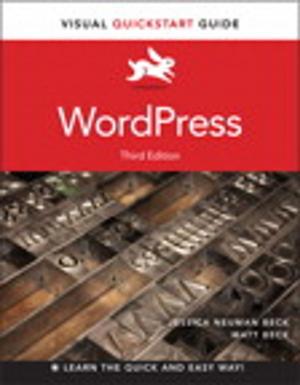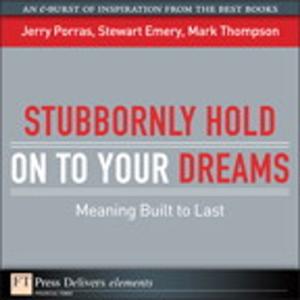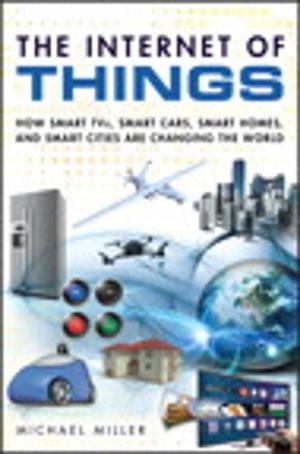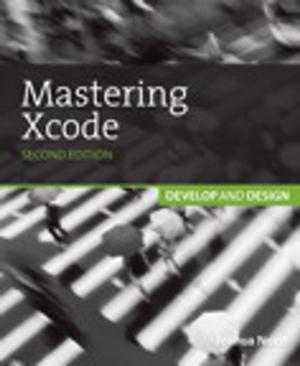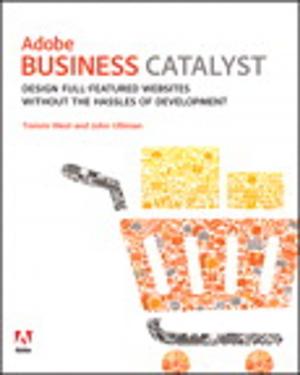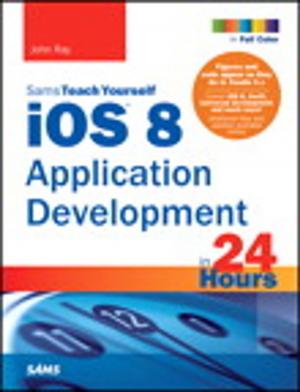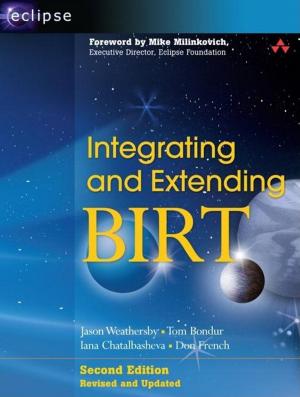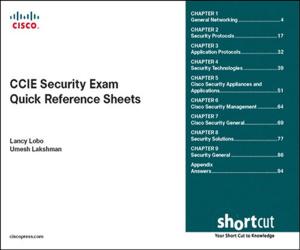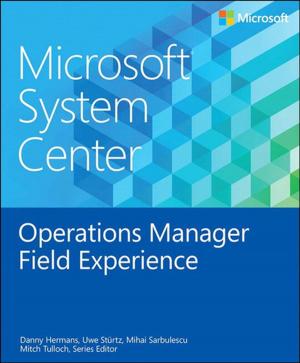Separation Process Engineering
Nonfiction, Science & Nature, Technology, Engineering, Chemical & Biochemical| Author: | Phillip C. Wankat | ISBN: | 9780132440912 |
| Publisher: | Pearson Education | Publication: | August 11, 2006 |
| Imprint: | Prentice Hall | Language: | English |
| Author: | Phillip C. Wankat |
| ISBN: | 9780132440912 |
| Publisher: | Pearson Education |
| Publication: | August 11, 2006 |
| Imprint: | Prentice Hall |
| Language: | English |
The Comprehensive Introduction to Standard and Advanced Separation for Every Chemical Engineer
Separation Process Engineering, Second Edition helps readers thoroughly master both standard equilibrium staged separations and the latest new processes. The author explains key separation process with exceptional clarity, realistic examples, and end-of-chapter simulation exercises using Aspen Plus.
The book starts by reviewing core concepts, such as equilibrium and unit operations; then introduces a step-by-step process for solving separation problems. Next, it introduces each leading processes, including advanced processes such as membrane separation, adsorption, and chromatography. For each process, the author presents essential principles, techniques, and equations, as well as detailed examples.
Separation Process Engineering is the new, thoroughly updated edition of the author's previous book, Equilibrium Staged Separations. Enhancements include improved organization, extensive new coverage, and more than 75% new homework problems, all tested in the author's Purdue University classes.
Coverage includes
- Detailed problems with real data, organized in a common format for easier understanding
- Modular simulation exercises that support courses taught with simulators without creating confusion in courses that do not use them
- Extensive new coverage of membrane separations, including gas permeation, reverse osmosis, ultrafiltration, pervaporation, and key applications
- A detailed introduction to adsorption, chromatography and ion exchange: everything students need to understand advanced work in these areas
- Discussions of standard equilibrium stage processes, including flash distillation, continuous column distillation, batch distillation, absorption, stripping, and extraction
The Comprehensive Introduction to Standard and Advanced Separation for Every Chemical Engineer
Separation Process Engineering, Second Edition helps readers thoroughly master both standard equilibrium staged separations and the latest new processes. The author explains key separation process with exceptional clarity, realistic examples, and end-of-chapter simulation exercises using Aspen Plus.
The book starts by reviewing core concepts, such as equilibrium and unit operations; then introduces a step-by-step process for solving separation problems. Next, it introduces each leading processes, including advanced processes such as membrane separation, adsorption, and chromatography. For each process, the author presents essential principles, techniques, and equations, as well as detailed examples.
Separation Process Engineering is the new, thoroughly updated edition of the author's previous book, Equilibrium Staged Separations. Enhancements include improved organization, extensive new coverage, and more than 75% new homework problems, all tested in the author's Purdue University classes.
Coverage includes
- Detailed problems with real data, organized in a common format for easier understanding
- Modular simulation exercises that support courses taught with simulators without creating confusion in courses that do not use them
- Extensive new coverage of membrane separations, including gas permeation, reverse osmosis, ultrafiltration, pervaporation, and key applications
- A detailed introduction to adsorption, chromatography and ion exchange: everything students need to understand advanced work in these areas
- Discussions of standard equilibrium stage processes, including flash distillation, continuous column distillation, batch distillation, absorption, stripping, and extraction

